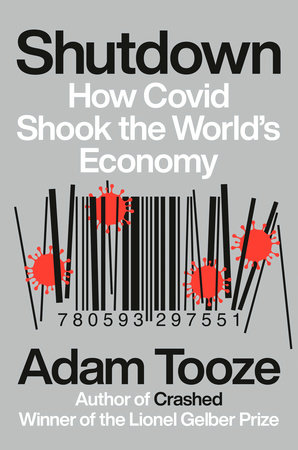Population Health Science: Fulfilling the Mission of Public Health
Great article. Selected statements:
In 1988, an Institute of Medicine commission defined the mission of public health as “assuring the conditions in which people can be healthy.” Yet much of public health continues to focus not on the conditions in which people can be healthy but rather on individual health.
Several forces have combined to push public health away from its historical mission.
First, science has been increasingly narrowly construed as the business of conducting randomized controlled trials (RCTs). The emphasis on RCTs took hold in the field of medicine as a useful antidote to expert opinion about the effectiveness and appropriateness of care. The resulting turn to evidence-based medicine has the potential—as yet only partially realized—to improve the quality of medical education and clinical care.3-6 However, to say that RCTs can lead to an evidence base that improves clinical care is not to say that RCTs are the only avenue to improving health. This point seems to have been lost on prominent gatekeepers of science.
A second factor pushing public health away from its mission of assuring the conditions in which people can be healthy are the limits of our theoretical models. Public health can be proud of a long tradition of interdisciplinary collaboration, with economic, sociological, psychological, and other theoretical currents enriching the flow of public health research. But theoretical developments have often remained anchored in their home fields without ever creating a coherent theoretical base within public health. Within public health, our two methodological subfields—epidemiology and biostatistics—are empirical, not theoretical, fields.
Population health science starts with its own theoretical commitments: that the health and health equity of a population are different from and determined differently than the health of individuals. This is a point that was made long ago by Virchow and Durkheim and repeatedly since.19-21 While individual health may be determined by health behaviors or toxic exposures, progress on population health requires understanding why those behaviors and exposures happen. Population health science is invested in the population causes of incidence and not only the individual causes of susceptibility.
Population health science requires scientists from different disciplinary backgrounds to combine their knowledge and expertise to answer questions that individual disciplines alone cannot. It requires syncretic practice focused not on individual health, but on the mean and variation—the health equity—of outcomes in a population.
Creating the conditions for health is difficult work: far more difficult, for example, than admonishing people to act more healthfully. It is more difficult for medical delivery systems to take responsibility for keeping people healthy than to treat them when ill. It is more difficult to engage in politics with scientific integrity than to avoid political controversy altogether. And it is more difficult to think critically about the theoretical basis of what causes health in populations than to conduct randomized trials of clinical interventions.

Henry Cartier-Bresson 1969










